Previous Nobel Peace Prize recipients include imprisoned Iranian human rights campaigner Narges Mohammadi (2023), the Dalai Lama (1989) and Martin Luther King (1964).
US President Donald Trump is keen to follow in their footsteps. Trump, who boasts of having ended seven wars in as many months in the White House, has said he deserves to win the prestigious prize, which was notably awarded to former US president Barack Obama in 2009.
While Trump's lobbying for the prize has been well publicised, his contributions to peace are less clear. Trump began his second term by threatening to annex Greenland and take control of the Panama Canal, while slashing international aid and carrying out mass deportations of immigrants from the United States. His decision to eliminate USAID could result in up to 14 million deaths worldwide, according to a study published in the Lancet medical journal in July.
Trump’s policies are also difficult to reconcile with the Nobel Peace Prize’s aim to honour those who promote "fraternity between nations”.
Ten candidates – including humanitarian organisations, political figures and civil society leaders – are considered contenders to win this year’s prize, to be awarded on Friday in Oslo.
Read moreTrump may want a Nobel Peace Prize, but committee says it won’t be swayed
The Emergency Response Rooms (ERRs)
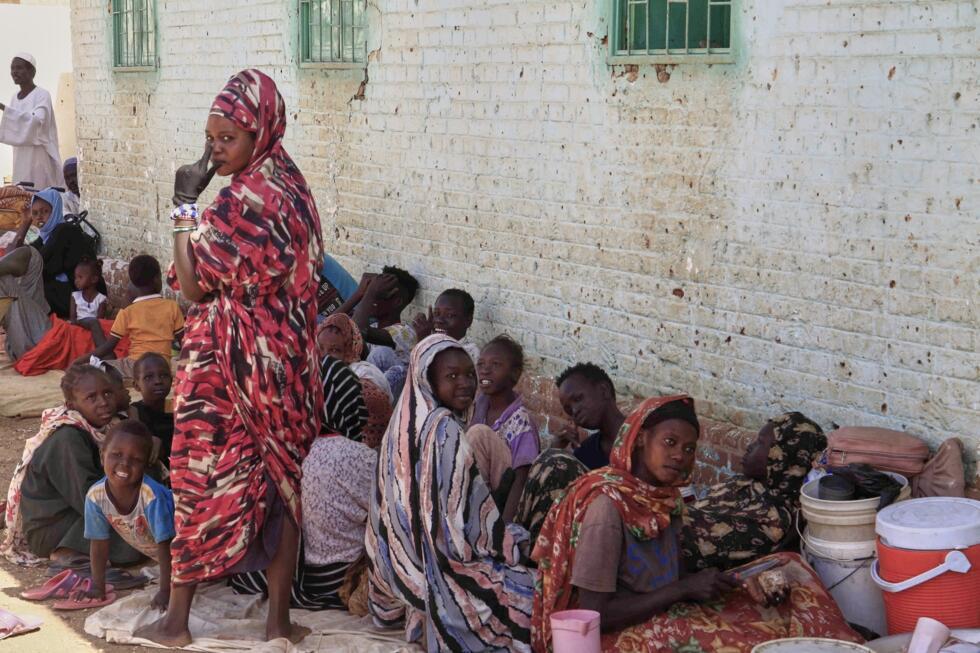
Among the main contenders this year are the Emergency Response Rooms (ERRs) – a misnomer since the ERRs are a network of more than 700 community-based organisations in Sudan that provide services that would normally be undertaken by a government. In a country ravaged by two years of brutal war between the army and the paramilitary Rapid Support Forces, ERR volunteers provide medical assistance, run communal kitchens and organise evacuations. Beyond their humanitarian role, ERRs document the ongoing conflict and provide information to the international media. Awarding the Nobel Peace Prize to the ERRs would highlight the courage of these volunteers working amid an under-reported conflict that has already displaced 13 million people and which the UN has called “the world's largest humanitarian crisis”.
Volodymyr Zelensky
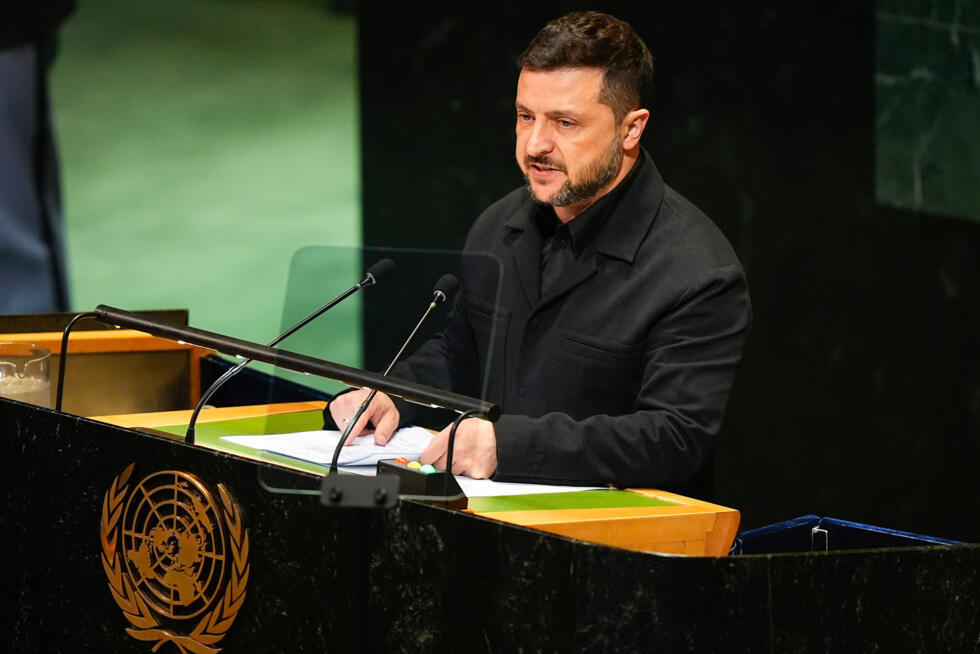
Ukraine’s President Volodymyr Zelensky has become an icon of resistance to the Russian invasion and has been seen as a credible peace prize winner since at least 2022. With peace negotiations between Kyiv and Moscow – initiated by Trump – seemingly at a standstill, the choice of Zelensky could generate further support for his embattled country.
Reporters Without Borders (RSF)
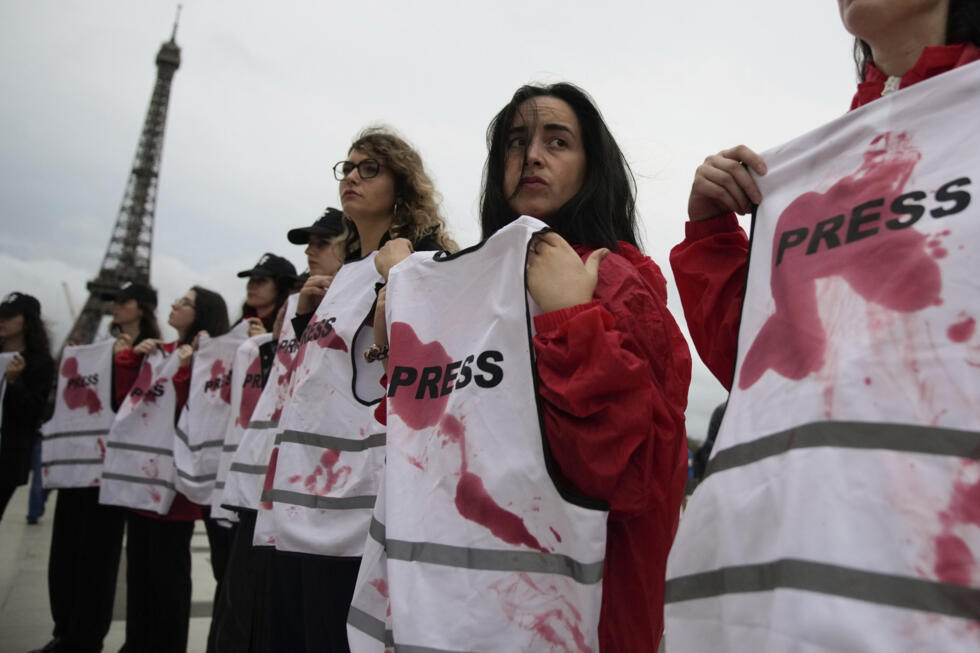
The Nobel Committee chose to honour the defence of a free press in 2021 by awarding the prize to Philippine journalist Maria Ressa, founder of the investigative media outlet Rappler, and Dmitry Muratov, editor-in-chief of the independent Russian newspaper Novaya Gazeta. It would be fitting if journalists were to be honoured again, given the risks of covering ongoing wars, particularly in the Gaza Strip, and the risks to a independent press globally. At least 210 journalists have been killed in the Palestinian enclave during Israeli military operations over the past two years, Reporters Without Borders (RSF) said in September.
Mahrang Baloch
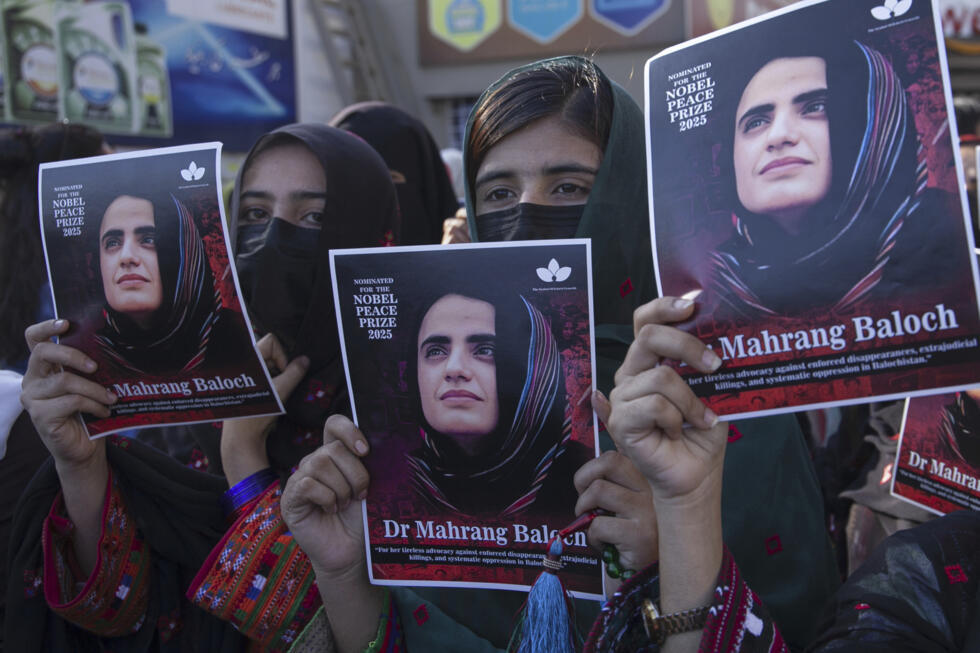
Baloch is one of Pakistan's best-known human rights activists and has for years denounced the abductions and extrajudicial killings of the Baloch ethnic minority in Balochistan province. She has been jailed for her activism since March in Quetta, the provincial capital of Balochistan, accused by the authorities of terrorism, sedition and murder. The 30-year-old, a surgeon by training, could become the second Pakistani woman to win the Nobel Peace Prize, eleven years after Malala Yousafzai, the youngest winner of the prize.
International Criminal Court (ICC)
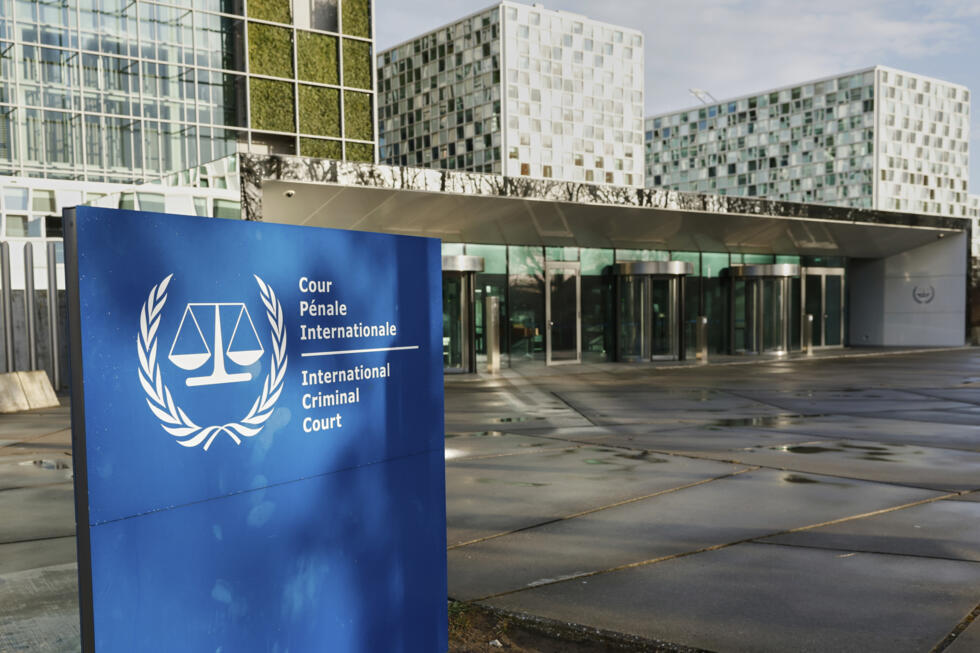
The ICC, currently targeted by sanctions from Washington, could receive symbolic support from the Nobel Committee. US sanctions were levied in retaliation for the arrest warrants issued against two Israeli officials, including Prime Minister Benjamin Netanyahu, for crimes against humanity, and for the court’s investigation into alleged war crimes by US forces in Afghanistan. Established in 2002, the ICC has prosecuted dozens of politicians, warlords and heads of state for genocide, war crimes and crimes against humanity. Three countries in the Sahel region – Burkina Faso, Mali and Niger, all ruled by military juntas – announced their withdrawal from the ICC in September.
Read moreICC convicts Sudan militia chief in first Darfur war crimes verdict
Yulia Navalnaya
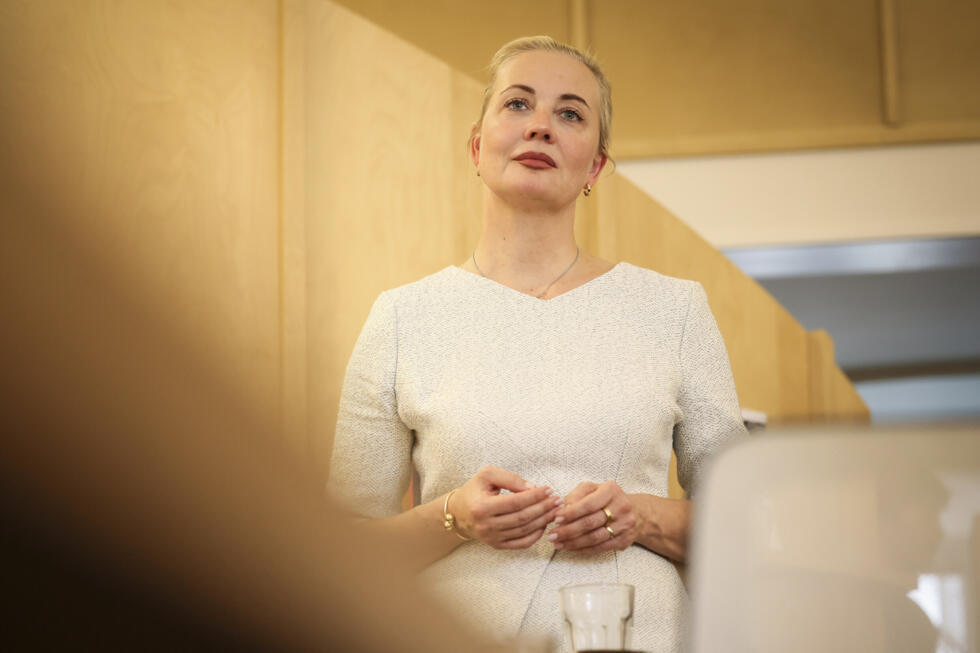
The widow of Russian opposition leader Alexei Navalny, who died in February 2024 under suspicious circumstances in a Russian penal colony in the Arctic Circle, Yulia Navalnaya has vowed to continue her husband's activism. In June, she launched a new television channel called “Future of Russia” to counter Kremlin propaganda. If she were named as a Nobel laureate, Navalnaya could help shine a light on Russian civil society amid increased repression since the start of Moscow’s full-scale invasion of Ukraine in February 2022. That year, the Nobel Committee honoured three human rights advocates from former Soviet countries who “promoted the right to criticise power and protect the fundamental rights of citizens” – campaigner Ales Bialiatski from Belarus, the Russian human rights organisation Memorial and the Ukrainian human rights group Center for Civil Liberties.
Read moreNavalny widow launches TV channel to fight Russia 'censorship'
Chow Hang-tung
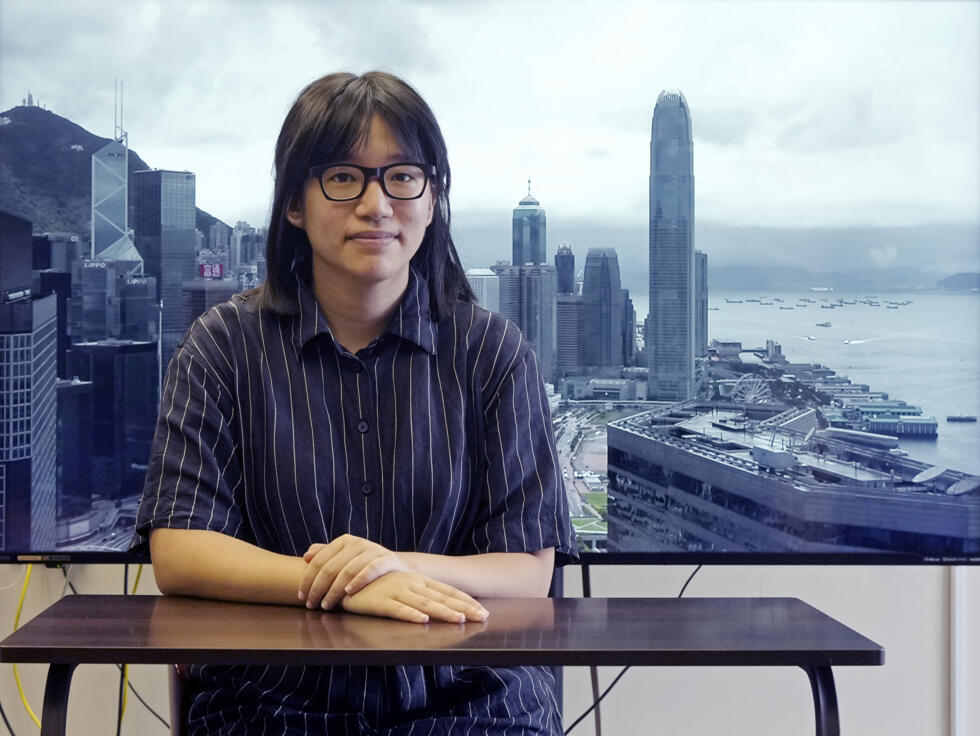
A lawyer and human rights activist, Chow Hang-tung is one of the leading opponents of the Chinese authorities in Hong Kong. She was vice-president of the Hong Kong Alliance group that organised annual vigils commemorating the Tiananmen Square massacre of 1989. In 2021, the group announced its dissolution in the face of pressure from Beijing. Chow has been repeatedly arrested since 2021, most recently in May 2024 for allegedly publishing seditious social media posts. Under the new national security law, if found guilty of “inciting subversion of state power” she could face up to 10 years in prison.
Standing Together
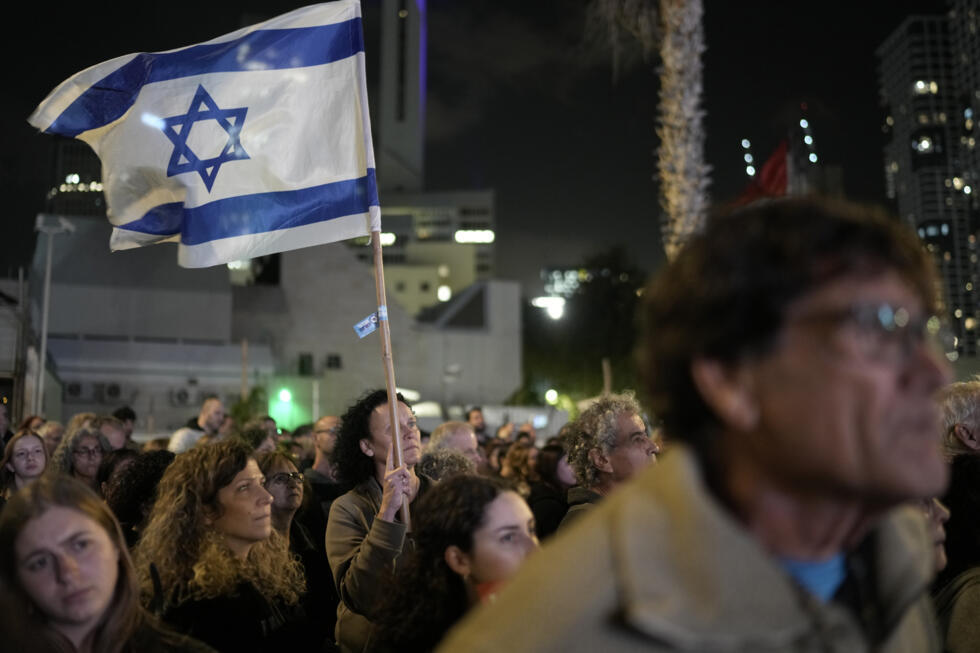
Founded in 2015, the Israeli-Palestinian peace organisation Standing Together has 5,300 members. It opposes settlement activity in the West Bank and campaigns for equality between Israelis and Palestinians. Since the Hamas-led terrorist attacks of October 7, 2023, its activists have played a leading role in opposing the war in Gaza by staging numerous demonstrations and sit-ins, and by opposing the obstruction of humanitarian aid deliveries to the Palestinian enclave.
Mohammed bin Abdulrahman al-Thani
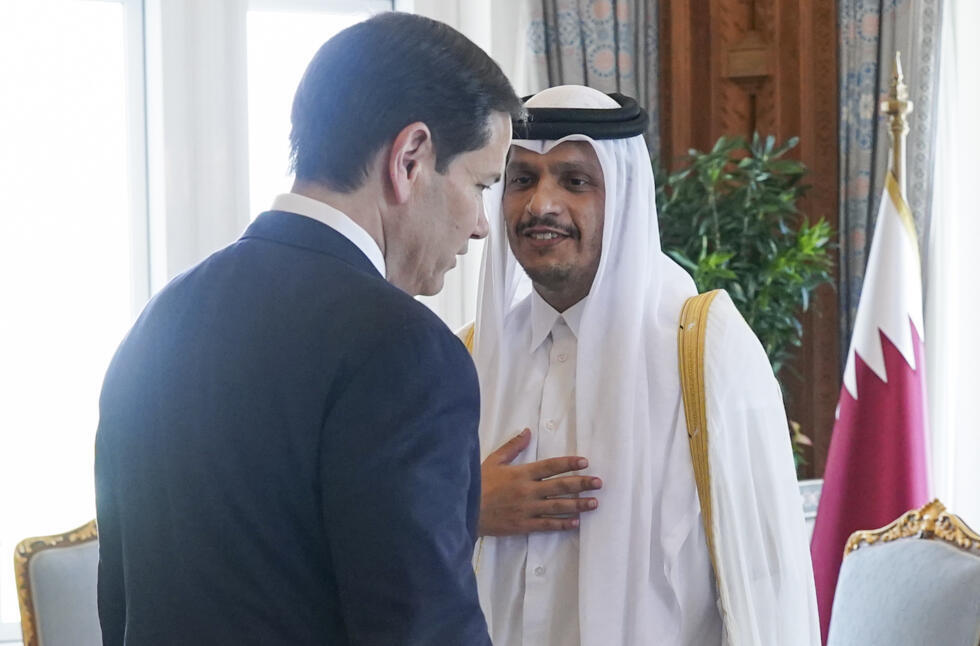
This choice could prove controversial, given Qatar's ambiguous geopolitical role and the human rights situation in the country. However, Sheikh Mohammed bin Abdulrahman al-Thani, who serves as prime minister and minister of foreign affairs, played a crucial role in mediating the ceasefire between Hamas and Israel in January. Qatar has also facilitated talks between the United States and the Taliban. In recent years, it has established itself as a key mediator in various conflicts, including in Lebanon, Sudan and Yemen. Awarding the Nobel Peace Prize to al-Thani would highlight the importance of regional actors in peace efforts.
North Atlantic Treaty Organisation (NATO)
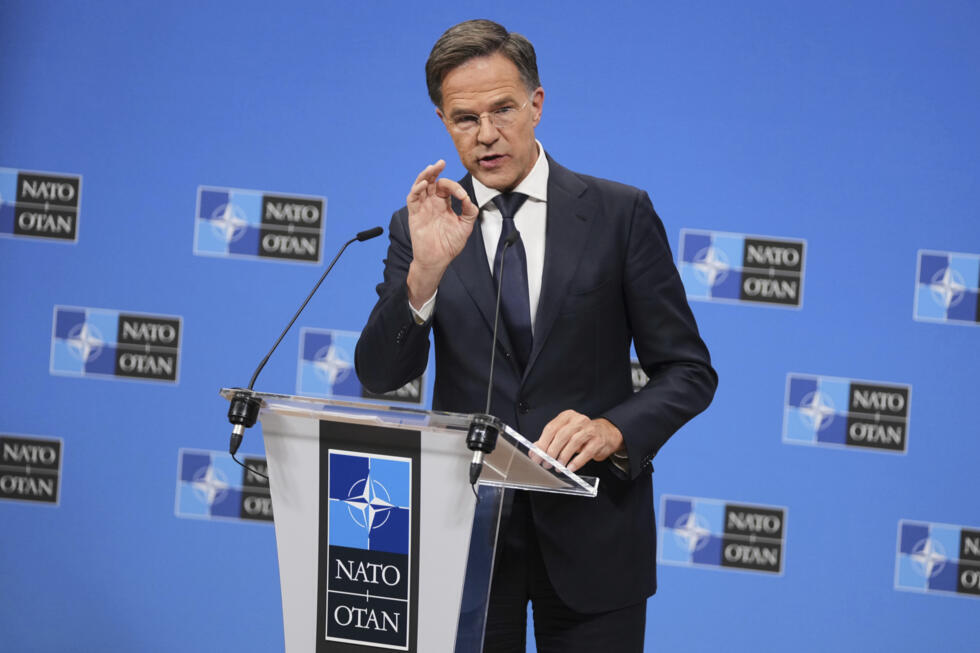
It is unlikely that NATO would be awarded the Nobel, in part because giving the prize to NATO would reinforce the idea that the Nobel Committee has a mainly Western outlook. This critique has been taken on board by the committee in recent years, and has resulted in a more open approach to laureates from the Global South. Nevertheless, awarding NATO the prize could send the Alliance the message that its members' plans to increase defence spending are not a sure path to peace.
This article was adapted from the original in French by David Howley.











 English (US) ·
English (US) ·